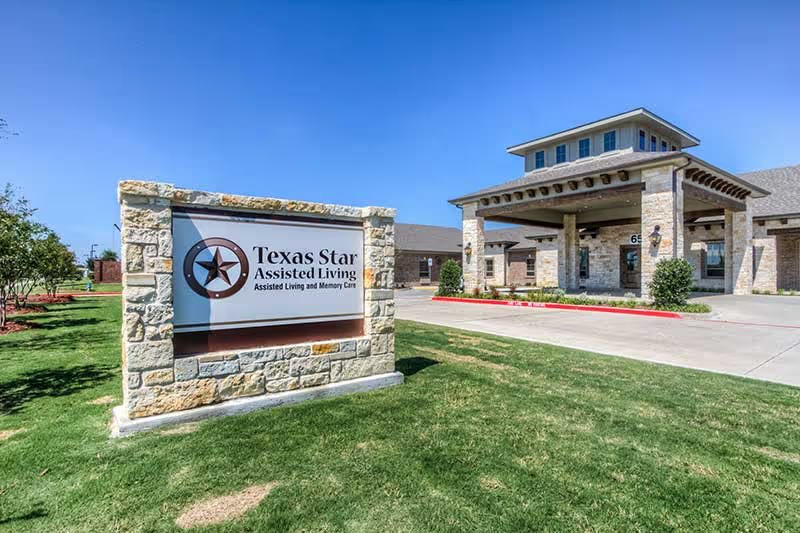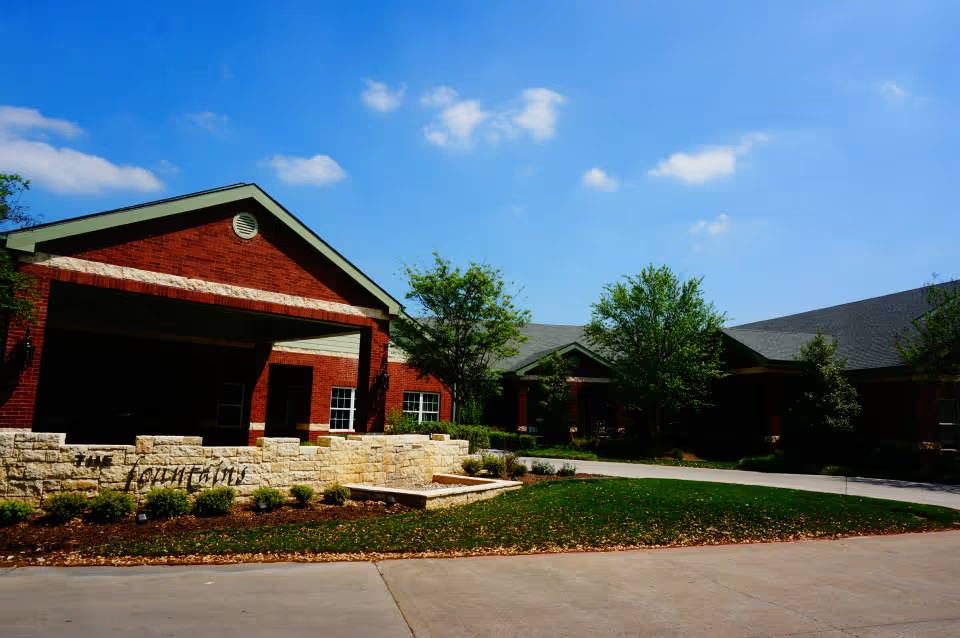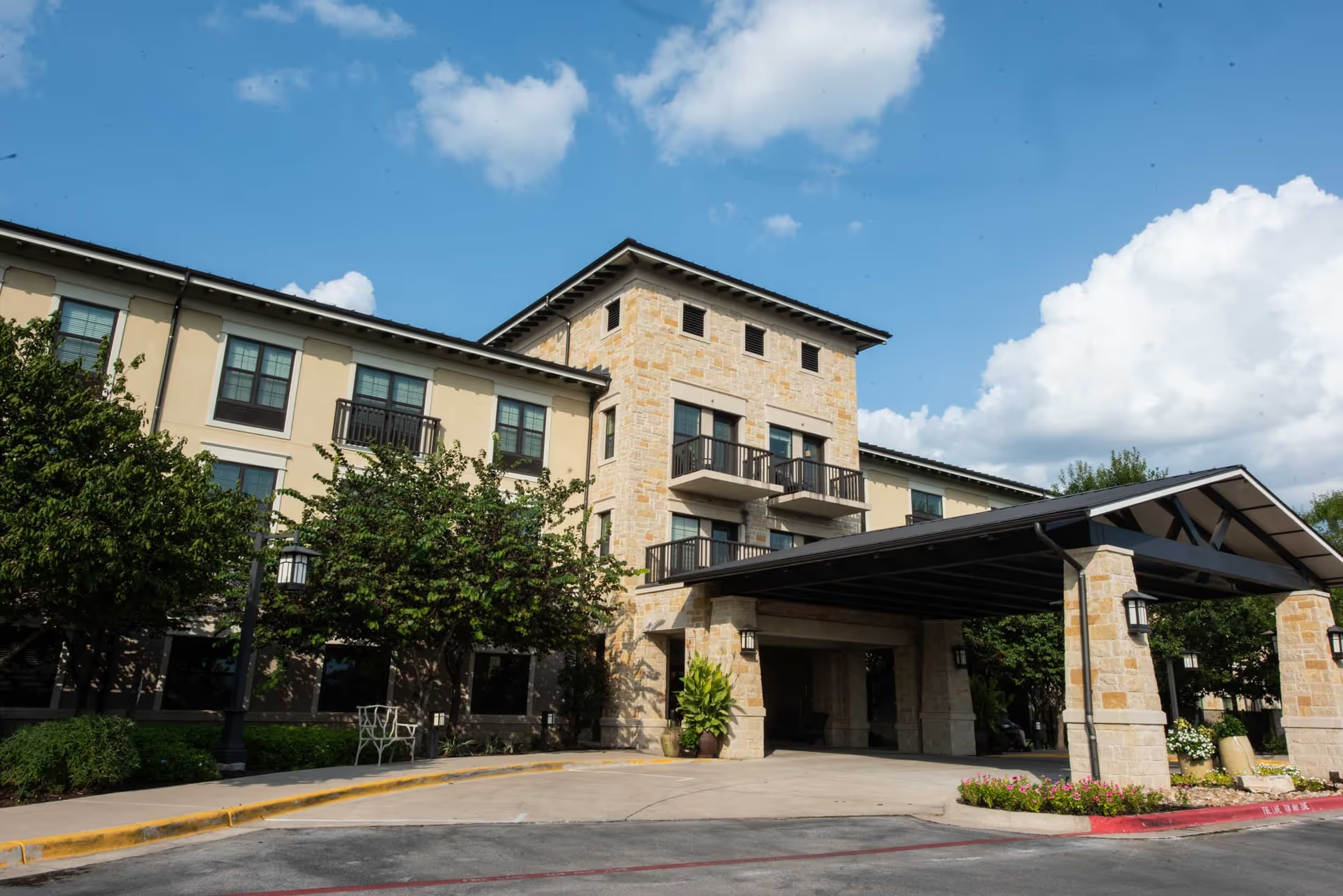Overall sentiment: Reviews for Atria Carrollton are strongly polarized but lean positive overall. A very large proportion of reviewers praise the staff, the activities program, the social atmosphere, and cleanliness; many families report dramatic improvements in residents’ mood, mobility, and social engagement after moving in. At the same time, a persistent minority of reviews raise grave concerns about clinical safety, management instability, and inconsistent operations—issues serious enough that multiple families reported moving residents out. The result is a clear pattern: many residents and families have highly positive, family‑feeling experiences while others encounter concerning lapses in care or management.
Care quality and clinical coordination: Numerous reviewers describe outstanding, compassionate care—staff who go “above and beyond,” strong hospice support, and proactive medical coordination that reduces external doctor visits. Several families specifically praise named nurses, med techs, and activity directors for excellent communication and reassurance. There are also repeated reports of helpful on‑site medical services (nurse practitioner visits, mobile x‑ray, phlebotomy, optometry) that make clinical care more convenient. Contrasting these positives, serious red flags appear in multiple reviews: medication errors, allegations of wrong medications, reports that no RN is employed (only LPNs or med techs), and concerns about med distribution practices (med techs dispensing meds and charging per pill). These clinical complaints are significant because they involve resident safety and were described as the proximate cause for some residents’ removal.
Staffing, culture, and management: A dominant theme among the positive reviews is consistent: staff are warm, friendly, individualized in their approach, and many have long tenure (5–20+ years), which fosters trust and a family‑like atmosphere. Activity staff and caregiver relationships are frequently singled out as a major strength. However, several reviews point to leadership turnover, firings, and perceived managerial incompetence or corporate unresponsiveness. Those negative experiences often mention inattentive or distracted aides, poor follow‑through from management, and inconsistent supervision—contrasting sharply with other accounts of highly attentive teams. This suggests variability in staff performance and that leadership changes may affect resident experience.
Facilities, safety, and environment: Many reviewers describe Atria Carrollton as clean, bright, well‑maintained, and homey, with pleasant grounds, gardens, a chapel, and comfortable common areas. Some units have desirable features such as kitchenettes and roomy layouts, and renovation/updates are underway in parts of the building. Negative facility comments include dated areas, small or awkwardly configured rooms (semi‑private layouts that require walking through neighbors’ space), occasional urine or musty odors, corner cleanliness issues, elevator outages, and remodeling disruptions. Several reviews raise specific safety concerns: rooms or cabinets being locked (or inconsistently locked), belongings secured without clear communication, and insufficient monitoring in memory care leading to residents roaming. Call-button response time and occasional maintenance lapses were also mentioned.
Dining and activities: Dining is generally a strength—many reviewers call the dining room restaurant‑style with varied menus and flexible options; some say food is excellent and enjoyed by residents. Nonetheless, repeated comments also flag inconsistency: bland meals, repetitive breakfasts, and in extreme cases food making residents sick. The activities program receives uniform praise in most accounts: robust daily programming (games, music, painting, exercise/yoga, outings, and social events like happy hour) and especially strong engagement during daytime hours. A common shortcoming is reduced evening and weekend programming in some reports, and a few reviewers note the memory care unit may receive fewer or less engaging activities.
Memory care: Opinions about memory care are mixed. Some families commend the memory care team, noting superior attention and improved resident wellbeing in that unit. Other reviewers call out a small memory care unit, unpleasant smells, limited engagement, residents roaming, and insufficient supervision. These opposing views reinforce the overall pattern of inconsistent experiences across different wings or staff shifts.
Costs, transparency, and fees: Several reviewers applaud Atria Carrollton as budget‑friendly and note promotional incentives (move‑in allowance, discounts). However, many complaints relate to unexpected charges—separate fees for medication dispensing, laundry, weekend transport, or other services—and perceptions of overcharging. A few families described frustration with billing transparency and corporate responses when disputing charges.
Patterns and recommendations for prospective families: The reviews indicate two recurring realities. First, when the day‑to‑day staff and leadership are stable and communicative, residents experience high levels of social engagement, compassionate care, and overall satisfaction. Second, when clinical oversight, leadership, or staffing falters, problems can be severe and directly affect resident safety and dignity. Given this variability, prospective families should ask specific, concrete questions during tours or calls: current RN coverage and clinical staffing model (RN/LPN/med tech roles and ratios), medication administration policies and fees, turnover in leadership and staffing retention rates, supervision and safety protocols for memory care, frequency and variety of activities (including evenings/weekends), recent inspection or incident records, and examples of how the community handled any recent reported concerns. Also request references from current families and, if possible, speak with staff names that appear frequently in positive reviews (activity directors, nurses) to assess consistency.
Bottom line: Atria Carrollton offers many strengths—compassionate caregivers, lively programming, clean common spaces, and solid clinical conveniences for many residents. Yet there is a non‑trivial subset of reviews describing management instability, medication and safety issues, and inconsistency in care quality. The community can be an excellent match when the right staff and leadership team are in place; however, careful vetting on clinical staffing, safety practices, fee transparency, and memory care supervision is strongly advised before making a decision.







